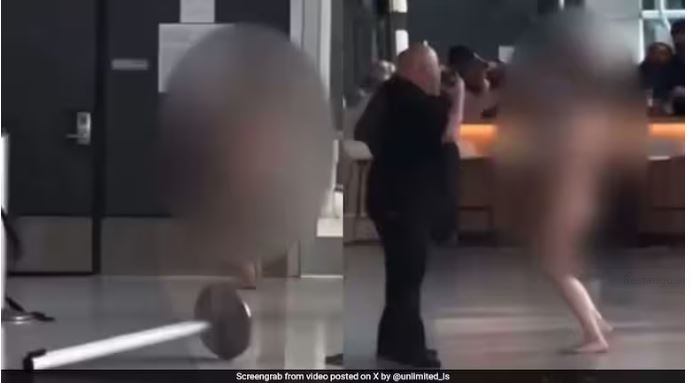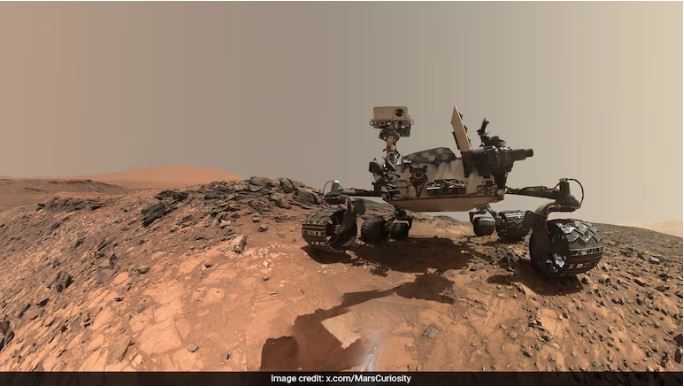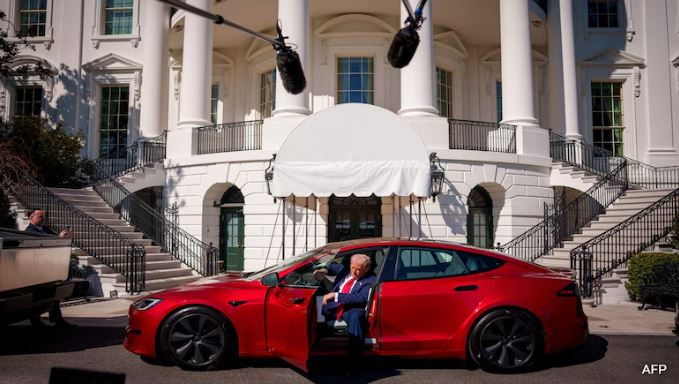
Lebanese Return Home Amid Israel-Hezbollah Ceasefire.
Tens of thousands of Lebanese displaced by the devastating war between Israel and Hezbollah began returning to their towns and villages on Wednesday as a ceasefire took effect.
The truce brought hope and relief to many, though the scale of destruction left behind has tempered the joy of returning home.
The agreement, which ended weeks of intense fighting, saw the Lebanese military bolstering its presence in the south of the country, traditionally dominated by Hezbollah.
This move marks an effort to restore state control over the area, which has long been a stronghold of the Iran-backed group.
The conflict, which erupted after Hezbollah launched cross-border attacks in support of Hamas following its October 2023 assault on Israel, killed thousands in Lebanon and displaced over 900,000 people.
The violence also devastated southern towns, with many residents shocked by the level of destruction as they returned.
Roads leading south from Beirut were packed with cars and minibuses, filled with families bringing back mattresses, suitcases, and other essentials. Some honked horns and sang in celebration, while others drove in silence, overwhelmed by what awaited them.
“The people have won,” exclaimed one driver, though for others, the sight of their ruined homes brought despair. “Is this really Nabatieh?” asked Ali Mazraani, who could barely recognize his hometown.
The ceasefire comes after months of escalating violence, during which Israel shifted its focus from Gaza to Lebanon in a bid to neutralize Hezbollah.
&The Israeli campaign, marked by extensive airstrikes, dealt a significant blow to the group, including the death of its long-time leader, Hassan Nasrallah, in an air raid. Despite the setbacks, Hezbollah proclaimed “victory” over Israel, citing divine support for its cause.
Under the terms of the ceasefire, Israeli forces will maintain their positions while Lebanese troops, in coordination with UN peacekeepers, deploy to the south over a 60-day period. Israel is expected to withdraw gradually after this phase, avoiding a power vacuum in the region.
Lebanese leaders urged citizens to reclaim their homes despite the destruction. Speaker Nabih Berri, who negotiated on Hezbollah’s behalf, called on the displaced to return, while Prime Minister Najib Mikati expressed hope that Lebanon could turn the page on what he described as “one of the most painful chapters” in its history.
Reactions to the ceasefire were mixed. Iran welcomed the end of what it called Israeli “aggression,” and Hamas indicated its readiness for a truce in Gaza.
Meanwhile, Israeli Prime Minister Benjamin Netanyahu said the pause in Lebanon would allow Israel to intensify its focus on Hamas, which continues to face bombardments in Gaza.
The human toll of the conflict remains staggering. More than 3,800 people have been killed in Lebanon since fighting began, with most casualties occurring in recent weeks.
On the Israeli side, the violence claimed the lives of at least 82 soldiers and 47 civilians.
While many in Lebanon celebrated the fragile peace, uncertainty loomed over whether the ceasefire would hold.





